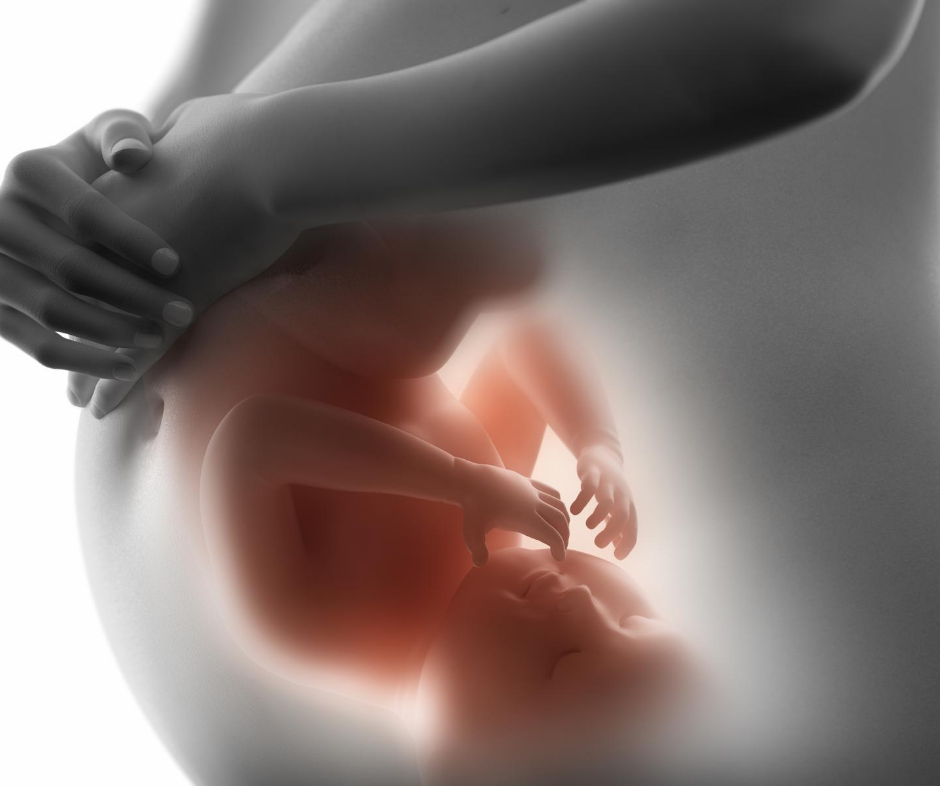
Pregnancy – Tips for Women who are pregnant or trying to conceive
Most modern pregnancy tests can assess human chorionic gonadotrophin (HCG), which is the hormone produced by the placenta within 6 to 10 days of implantation of a fertilised egg.
The level of this hormone increases rapidly, doubling every 1 to 2 days until it peaks at around 10 to 12 weeks. It can be measured in the urine of a pregnant woman from at least the first day of a missed period, with some tests having the ability to measure it from as early as 3 days before an expected period.
If instructions are followed correctly, home pregnancy test are sensitive enough to provide a reading that is at least 99% accurate.
Alcohol, pain killers, antibiotics and oral contraceptives do not affect pregnancy tests.
Some medicines, e.g. fertility drugs, can cause positive pregnancy results.
Traces of HCG hormone may be found in urine for up to 8 weeks after a miscarriage or termination, and for up to 4 weeks after the birth of a child.
Taking a folic acid and iodine supplement is recommended by the NZ Ministry of Health, see http://www.health.govt.nz/our-work/preventative-health-wellness/nutrition/folate-folic-acid. This aids the brain and nervous system development in the foetus and newborn.
See other websites for brilliant information and videos on first 4 weeks of pregnancy, ovulation calendars and lots more on www.elevit.co.nz or buy online at www.unichempharmacy.co.nz
Top products include;
Our most popular product that we sell is Elevit with iodine which is a once-daily vitamin and mineral supplement for pregnancy. It is specially formulated to meet the needs of women who are trying to conceive, pregnant or breastfeeding and provide baby with the best possible nutritional support. It contains 800mcg folic acid, shown to reduce neural tube defects such as spina bifida. Elevit is clinically proven to reduce the risk of neural tube defects like spina bifida by 92%. It also contains iron to help prevent iron deficiency and iodine to assist in the development of baby’s brain.
Elevit with Iodine contains the highest levels of iron, folic acid and iodine in combination than any other pregnancy multivitamin available in New Zealand.
It also contains a range of ingredients to help meet your changed nutritional requirements throughout conception, pregnancy and breastfeeding.
One in five women incorrectly believe their most fertile time is immediately after their period-instead, a woman is most fertile around ovulation, which occurs mid-cycle. Home tests are also available to pinpoint the time of ovulation- the release of eggs from the ovaries
View here
Advice:
- If the woman’s menstrual cycle varies in duration so that period dates cannot be predicted, test first thing in the morning when HCG concentration is at its strongest. Use a mid-stream urine sample.
- If the test result is positive, assume you are pregnant and see a doctor as soon as possible
- If the test is negative despite a missed period, check the instructions were followed correctly and repeat the test according to the manufacturer’s instructions.
- If the second test is negative and menstruation has not started, see advice from a doctor.
- Women who are trying to get pregnant should see a doctor if they are taking regular medications and to check on the need for folic acid and other supplements as above.
- Some women may also need a rubella (German measles) vaccination before conception. The baby’s development is under risk if the woman isn’t vaccinated and comes into contact with this virus.
- Avoid drinking alcohol or smoking cigarettes or marijuana and minimize caffeine intake.
Drug use in Pregnancy
Taking “Over the Counter” drugs at certain times during pregnancy can lead to birth defects for the child so expectant mums should always discuss any prescription medicine, OTC or herbal medicines with their doctors or pharmacists first.
Currently up to 4% of babies are born with birth defects but only a small percentage of this number-2-3%- is believed to be caused by environmental factors such as drug use by the mother.
The level of risk is usually dependent on when the foetus is exposed to the substance. Two to three weeks after conception, the embryo is connected to the mother’s blood supply so that anything she ingests can cross over to the growing baby. The first trimester is a critical time for foetal development and, where possible, all drugs should be avoided.
The risk of malformation drops after this period but some drugs still pose risks in the second and third trimester, which is why pregnant women seeking advice at the Pharmacy should always talk to the Pharmacist.
General Points about drug use in pregnancy
- Avoid drugs whenever possible and attempt non-drug treatments first
- Avoid all drugs in the first trimester wherever possible, note however that some medicines may be unsafe at another time e.g. ibuprofen should be avoided in the third trimester. Paracetamol is the recommended drug of choice for pain relief
- Drugs should be kept at lowest effective dose for the shortest time possible
- Select drugs that have an established safety profile and avoid those that have not been used extensively in pregnant women
- Use topical drugs if available to minimize systemic effects through less absorption
- In general, herbal and complementary medicines are not recommended due to lack of safety information
Useful websites:
Christchurch drug information Centre: www.druginformation.co.nz/pregnancy.htm
Prescribing medicines in pregnancy, on-line database, TGA Australia www.tga.gov.au/hp/medicines-pregnancy.